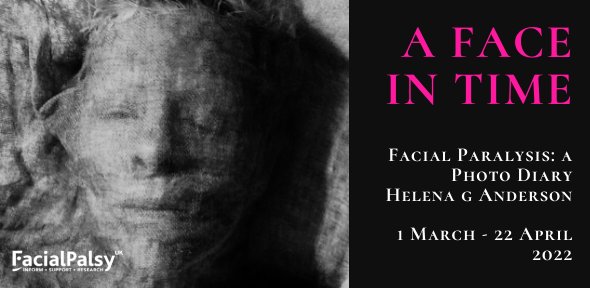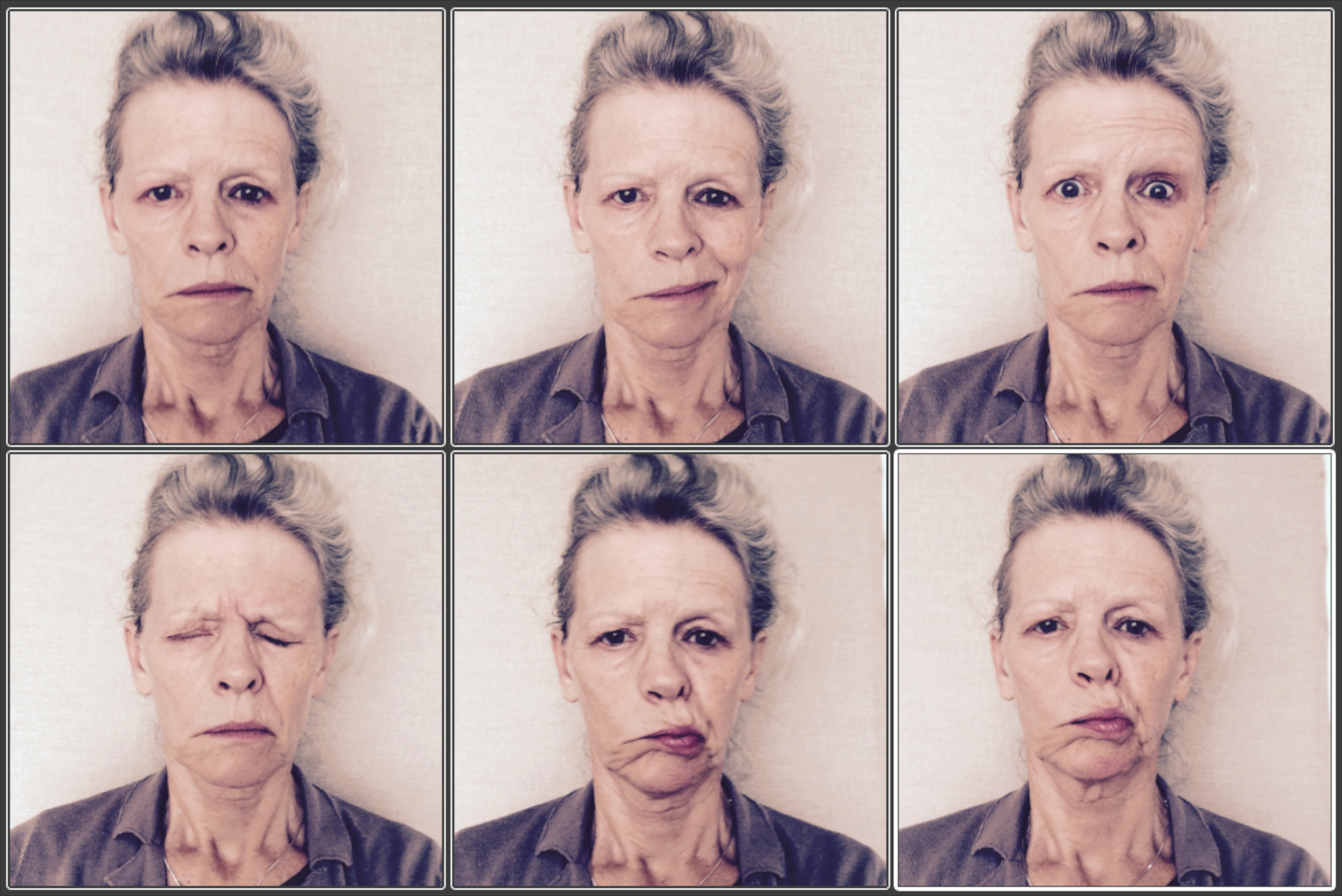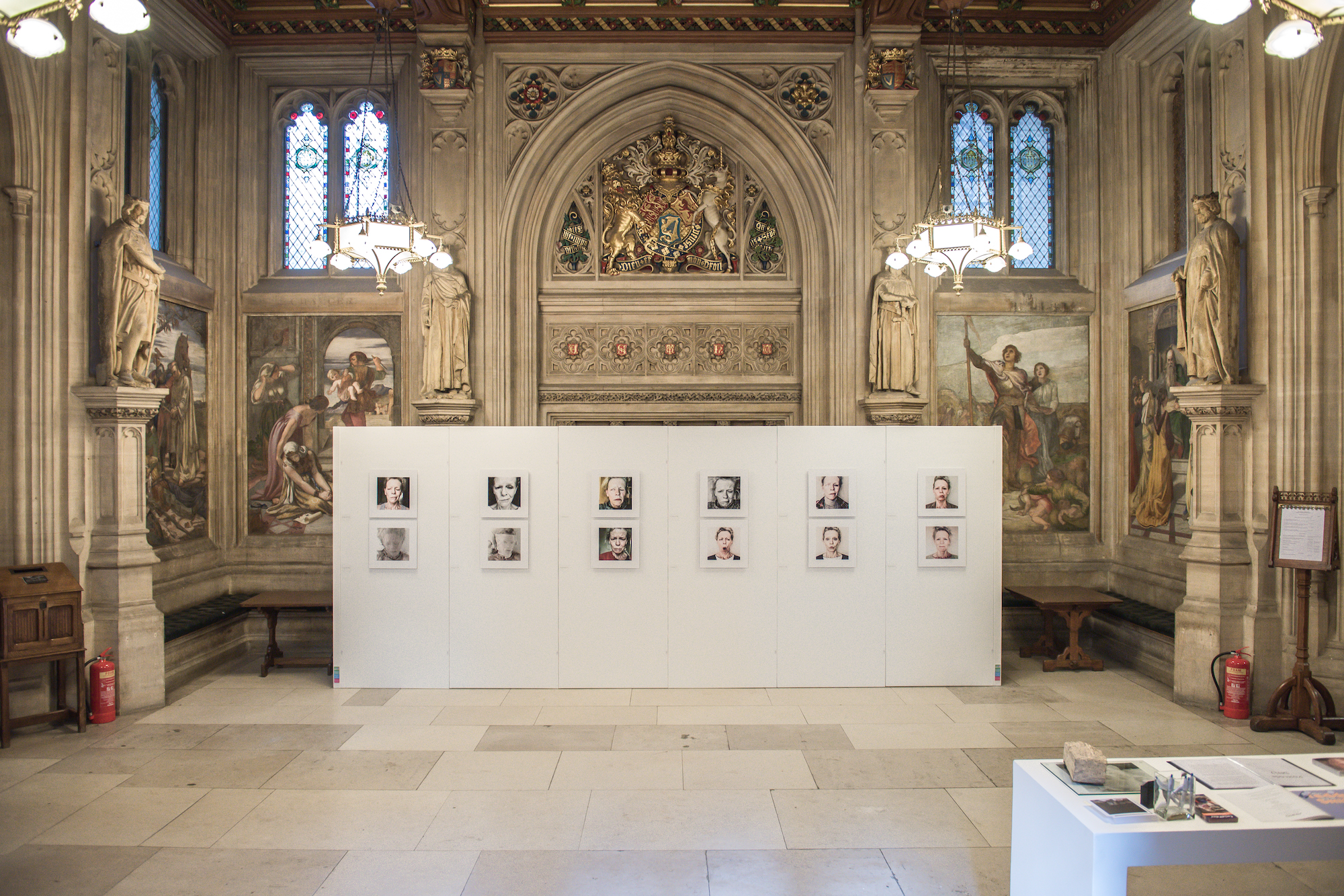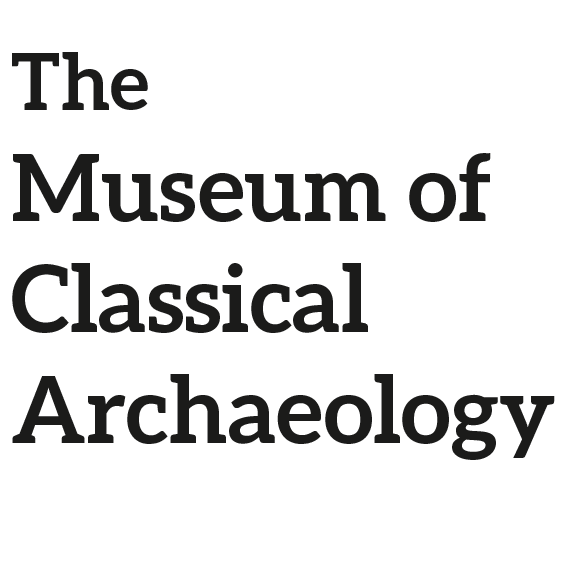
A Face In Time
Facial Paralysis, A Photo Diary
Helena g Anderson
1 March - 22 April 2022
1-7 March marks Facial Palsy Awareness Week
Helena g Anderson is a photographer and designer based in Cambridgeshire. In March 2016, she developed Ramsay Hunt Syndrome (RHS), a condition that causes facial paralysis. Told by consultants that a full recovery was unlikely, Helena retreated within herself, struggling to come to terms with the news. “I felt empty, filled only with disbelief,” she says. Uncertain of the eventual outcome, Helena found positivity in her pain and spent the following year utilising photography to capture her journey through sadness, despair, loneliness, humour, curiosity, and ultimately joy and relief.
Helena g Anderson, Getting better, 26 March. Copyright: the artist.
In this exhibition, she presents a series of thought-provoking photographs showing her journey. The contrast between the classical bodies on display here and her portraiture is a powerful one.
Helena has recovered well despite the initial prognosis. However, many of those who develop Ramsay Hunt Syndrome do not, and the condition has a lasting impact on their lives and their sense of self. Within this context, a public exhibition such as this one has real potential to raise awareness and provide recognition to those impacted by facial palsy.
'Consider the arrangement of the face. It is key to our relationships, both with ourselves and with others. The face we show the world reveals a part of who we are - what we're thinking and feeling.'
Anne-Marie Martindale 2015, research into acquired facial disfigurement
In March 2018, Helena g Anderson hosted an exhibition of her work in the Houses of Parliament in order to raise awareness of facial palsy as a condition, supported by Helen Whately, MP for Faversham and Mid Kent. Image copyright: Helena g Anderson.
Facial Palsy Awareness Week, 1-7 March
The opening of this exhibition is timed to coincide with Facial Palsy Awareness Week. The theme for this year's Awareness Week is 'The Little Things' - because the condition is too often deemed to be cosmetic even by some healthcare professionals, meaning its symptoms can be dismissed as 'little things' to worry about.
Join the conversation with Facial Palsy UK on Twitter, Facebook, Instagram and LinkedIn, using the hashtags #FaceMyDay and #UniqueSmiles during the week.
About Ramsay Hunt Syndrome
Ramsay Hunt Syndrome (RHS) is a form of shingles affecting the facial nerve. It has similar visible symptoms to Bell's palsy, but the recovery outcomes are poorer and the recommended treatment differs.
Around three quarters of patients given antiviral and steroid medication promptly will make a good recovery. Treatment works best if it is started within 72 hours of the onset of symptoms.
A survey carried out by Facial Palsy UK in 2017/18 of 152 people officially diagnosed with the condition found:
- More than half (57%) were initially misdiagnosed
- Just 52% were prescribed antivirals within the critical 72 hours
- Only 53% were able to return to work within three months
- 19% received no eye care advice
- 55% were still suffering after 12 months
- The top three health issues reported were: Facial pain; Facial paralysis; Fatigue/Dry Eye and Vision problems (jointly ranked)
About Facial Palsy UK
Facial Palsy UK was established in 2012 as the first charity to offer specific support to people affected by facial palsy due to any cause. Facial Palsy UK's mission is for every person in the UK affected by facial palsy to have access to the best information, treatment, and support available.
It is estimated that over 100,000 people in the UK have facial paralysis. There are more than 50 different causes with Bell's palsy being the most common.
About 1 in 60 people have Bell's palsy at some stage in their lives.
The need for the charity was recognised following the development of the Facial Palsy Clinic at the Queen Victoria Hospital in East Grinstead. A 2009 survey carried out by the clinic found that the average duration between the onset of paralysis and referal to a specialist for treatment was 5.6 years.
Added to the frustration of living with facial palsy is the public perception that the condition is a purely cosmetic issue, rather than a functional one affecting communication (facial expression), eating and drinking, and the closure of the eye on the affected side. The psychosocial impact is also considerable.
Facial Palsy UK's work has been slowed by the Covid-19 pandemic. Could you consider donating to support their mission to improve the lives of people affected by facial palsy?
Acknowledgements
Helena g Anderson would like to thank the following for making this exhibition possible:
- Facial Palsy UK
- Red Eight Consulting
- Loukas Morley









